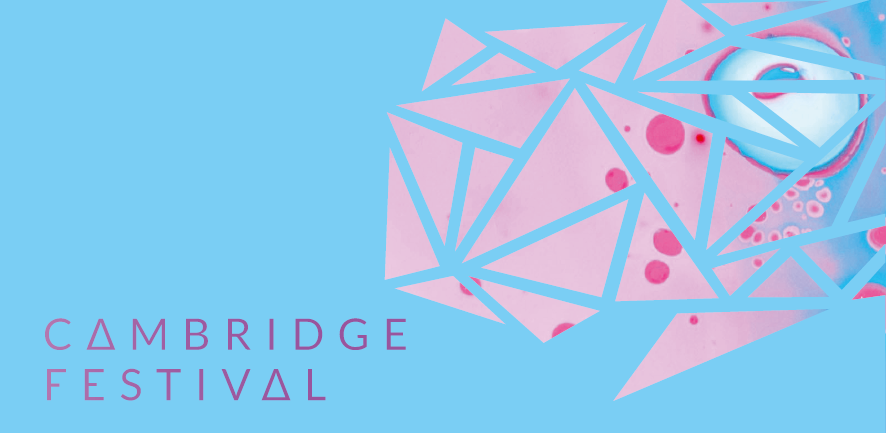
Submitted by Jane Durkin on Mon, 01/03/2021 - 16:19
The new, interdisciplinary Cambridge Festival will take place from 26 March to 4 April 2021, with more than 350 free online events and activities: from panel discussions, film premieres, and self-guided walking tours, to ‘try this at home’ activities for the whole family. The following is a selection of language sciences related talks from the programme.
Djudeoespanyol of Thessaloniki: An endangered language and heritage
2:00pm on Sunday 28 March
An interactive story of the vanishing language of Djudeoespanyol, an Ibero-Romance language spoken by Jews in Thessaloniki and diaspora.
Empathetic machines: Can chatbots be built to care?
12:00pm-1:00pm on Tuesday 30 March
This talk by Shauna Concannon, Giving Voice to Digital Democracies research project, Centre for Research in the Arts, Social Sciences and Humanities (CRASSH) examines what it means to be empathetic and the ethical implications that arise when positioning AI systems in roles that require them to communicate with empathy.
Mother Tongue Other Tongue Celebration Event
2:00pm-5:00pm on Wednesday 31 March
Led by Poet Laureate, Carol Ann Duffy, the Mother Tongue Other Tongue project has been rolled out nationally as a Laureate Education Project. This celebration event is an opportunity for the winners of the 2020 Routes into Languages East Mother Tongue Other Tongue competition to perform and display their entries.
Bias in data: How technology reinforces social stereotypes
12:00pm-1:00pm on Wednesday 31 March
In their talk, Stefanie Ullmann, from the 'Giving Voice to Digital Democracies' research project at the Centre for Research in the Arts, Social Sciences and Humanities (CRASSH), will focus on gender and racial bias in data to explore these problems and discuss some of the possibilities for improvement.
Making sense of the evidence: Information sharing practices during the Covid-19 pandemic
12:00pm-1:00pm on Thursday 1 April
This talk by Hannah Baker and Shauna Concannon, Research Associates with the Centre for Research in the Arts, Social Sciences and Humanities (CRASSH) explores how science and expertise relating to face mask use were discussed on Twitter in the first 6 months of the pandemic. The aim of this ongoing research is to investigate how the scientific evidence behind the changing guidance influenced public understanding and how people discussed the use of face masks on social media. Understanding these factors is useful both in combating misinformation, helping with future public health information strategies, and understanding how the communication of scientific evidence influences behavioural change in the general population.
myICUvoice: A ground-breaking iPad app allowing ICU patients to communicate with staff and loved ones
12:00pm-1:00pm on Saturday 3 April
Dr Tim Baker will tell you about myICUvoice, an iPad app which gives a voice to ICU patients unable to communicate due to needing a tracheostomy, being supported by a ventilator or weakened from being critically ill. Crucially it enables medical teams to communicate more effectively with patients, understand and treat previously unidentified symptoms quicker and improve outcomes.
Baby's got rhythm!
3:00pm-4:00pm on Saturday 3 April
Clapping, dancing, and singing along to music are so much fun that even babies like to get in on it! But how important is rhythm for babies’ learning and brain development? Watch some videos about our research on this topic and come to a live Q&A session with our researchers to find out how rhythms in language, music and movement play a role in early learning. We’ll show you some fun games we use in our work with babies and toddlers to get them moving and grooving!
MRC CBU Science Night: Thinking about the brain
All day from Friday 26 March until Sunday 4 April
During the Cambridge Festival, the MRC Cognition and Brain Sciences website will host a variety of pre-recorded talks covering a variety of topics that are studied at the Unit. These include semantic cognition, Cochlear Implants, mental health and Parkinson's disease.
American English: Dialogues in dialect
9:00am daily from Friday 26 March until Sunday 4 April
How does our speech shape us? This talk by Molly Becker will look at how dialect influences and reflects identity, and at how American authors use dialect in their writing.
